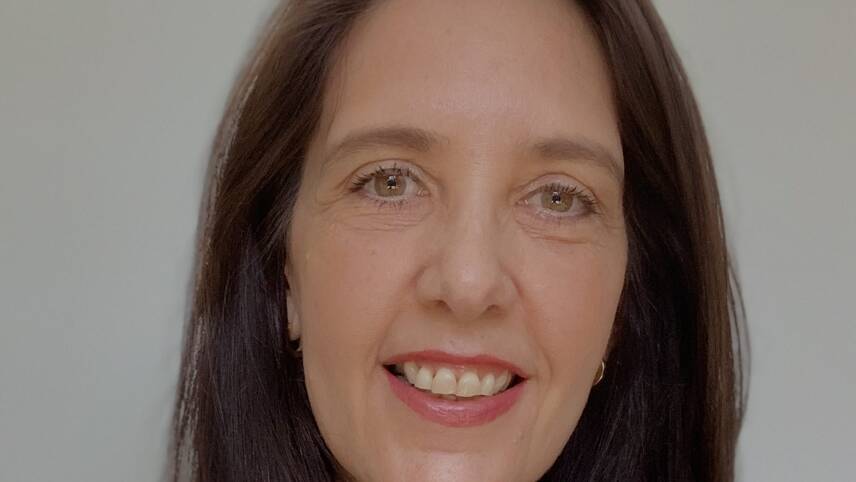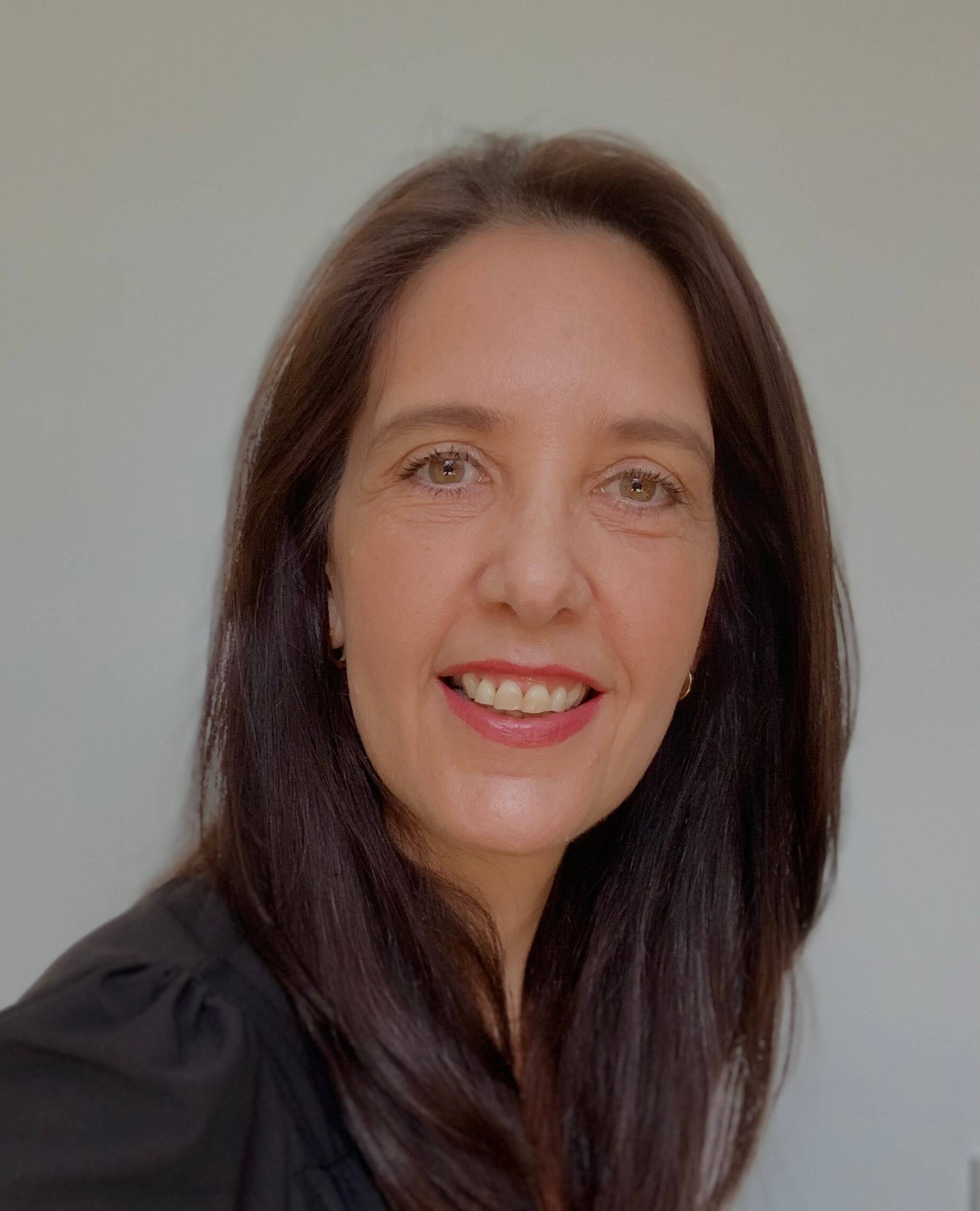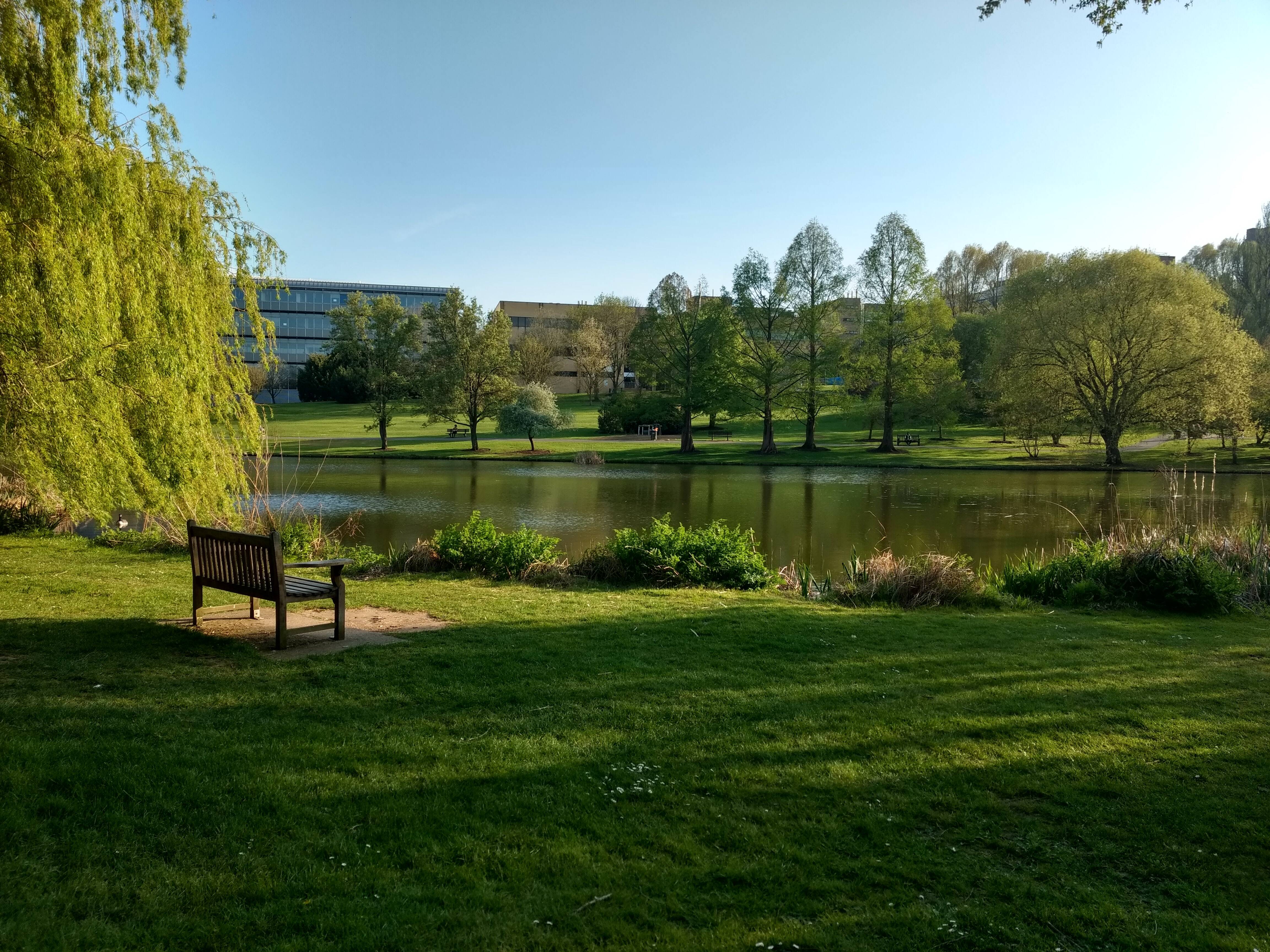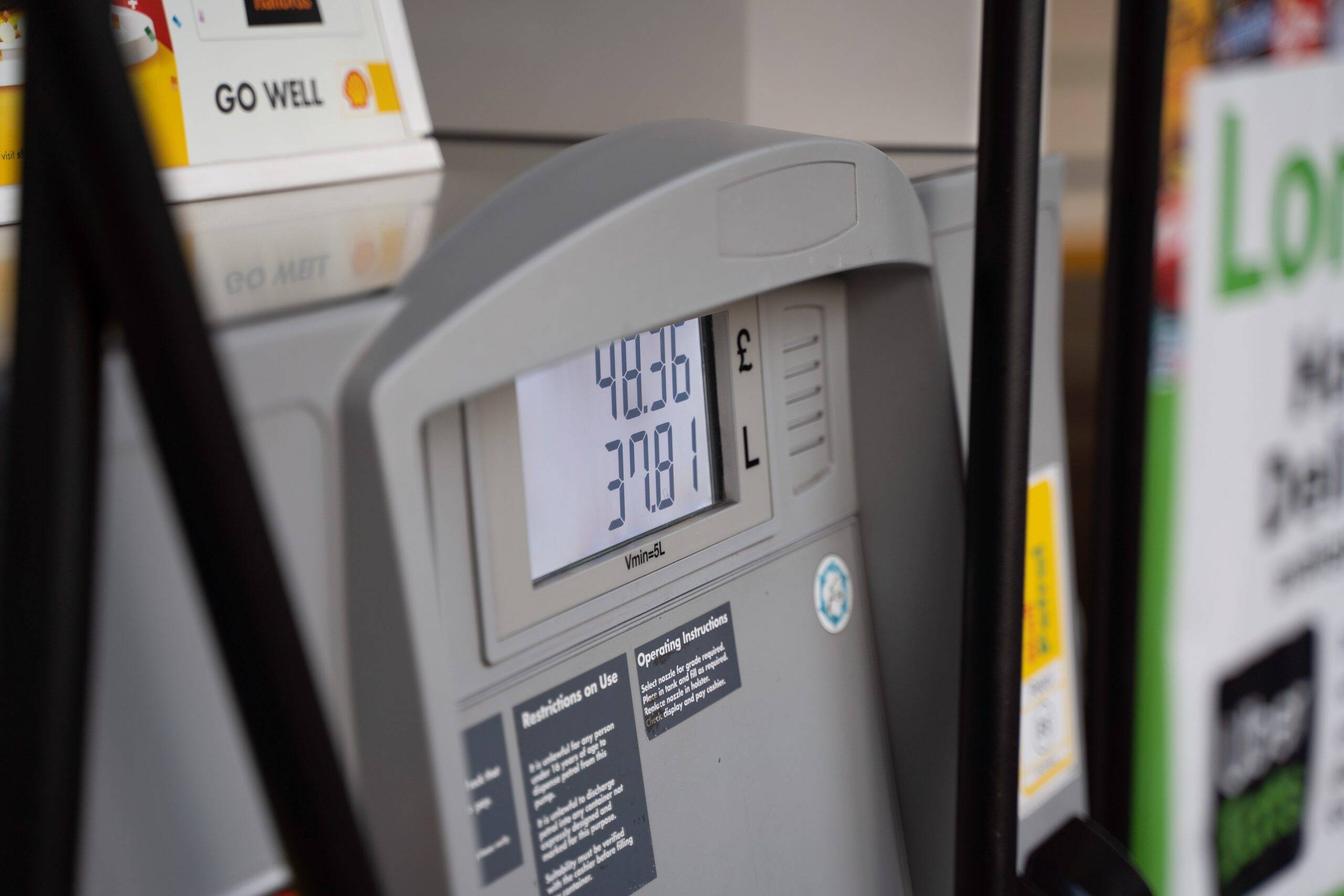You’ve reached your limit!
To continue enjoying Utility Week Innovate, brought to you in association with Utility Week Live or gain unlimited Utility Week site access choose the option that applies to you below:
Register to access Utility Week Innovate
- Get the latest insight on frontline business challenges
- Receive specialist sector newsletters to keep you informed
- Access our Utility Week Innovate content for free
- Join us in bringing collaborative innovation to life at Utility Week Live

Fresh from Galliford Try winning contractor of the year at the Water Industry Awards 2022, the firm’s head of process solutions, Dr Mariana Gonzalez, discusses the need to be more accepting of risk in innovation and the role of AI in hitting the water industry’s net zero targets.
What was your first job in the utilities sector?
 I started my career as a process engineer in the oil and gas industry in Argentina, in charge of environmental related units. I was looking after the water and wastewater treatment processes in the country’s second biggest oil refinery, Lujan de Cuyo.
I started my career as a process engineer in the oil and gas industry in Argentina, in charge of environmental related units. I was looking after the water and wastewater treatment processes in the country’s second biggest oil refinery, Lujan de Cuyo.
What work experience or qualifications did you have before moving into the industry?
I graduated as a chemical engineer and after a few years in oil and gas, I decided that I wanted to specialise in water and wastewater treatment.
I decided then to undertake an MSc in Water and Environmental Engineering and once I completed it, I started a PhD in Anaerobic Digestion of Sewage Sludge at the University of Surrey.

What has been your career highlight thus far?
I think that the first time that I realised the importance of the work that I was doing, and the potential influence on outcomes that I could have, was when I carried out an optimisation project in water usage. The results were so overwhelming that they significantly influenced several aspects of my career going forward.
What is the most significant way that today’s utilities sector differs from the one you first joined?
There has been a significant shift in the water sector resulting from the global acknowledgement of climate change and the implementation of carbon reduction objectives. Stringent regulatory drivers and customer expectations are also changing the landscape.
 I think that today’s water sector is more open to engaging with innovation and to participating in collaborative initiatives than years ago, which is resulting in better solutions that benefit the water cycle holistically.
I think that today’s water sector is more open to engaging with innovation and to participating in collaborative initiatives than years ago, which is resulting in better solutions that benefit the water cycle holistically.
What is the biggest challenge you’ve faced during your time in utilities?
Certainty the implementation of new technologies. The water sector has been operating under a rather conservative system of design which does not always promote innovation due to a risk-averse culture. This contradicts the principle of innovation as when new technologies are implemented there is a chance of things not working exactly as expected.
Risk evaluation and minimisation are key aspects of innovation, but usually there is risk associated with innovation that needs to be borne. This requires a new outlook from the sector.
What do you think Utility Week Innovate readers would be surprised to learn about you?
I am a native Spanish speaker, but I only learned English after I had finished my degree in chemical engineering.
What do you think is the key to creating the conditions for innovation within the utilities sector?
We need to change our commercial models so they become more accepting of risks and opportunities. The utility sector is only open to ‘innovation’ that has been proven, which in a sense, completely invalidates the term innovation itself.
I believe that there are many opportunities for trying new things but generally the sector is not as open as it should be to discussing and sharing potential risk.
What do you think will be the defining factor in the UK hitting its net zero targets?
 In the water sector, I believe that the defining factor will be the use of AI to monitor and control processes. Up to now, a large proportion of water and wastewater plants work at minimum risk due to their overdesigned characteristics and generous operative parameters.
In the water sector, I believe that the defining factor will be the use of AI to monitor and control processes. Up to now, a large proportion of water and wastewater plants work at minimum risk due to their overdesigned characteristics and generous operative parameters.
To achieve the net zero targets, these plants will need to optimise their processes without increasing the risks significantly. This can only be achieved by monitoring and controlling the key process parameters and implementing AI.
What is the change you’d most like to see within the utilities industry?
Collaboration, you can never have enough of it! If we look at the changes in utility sector during the last few years, significant progress has been made towards more effective ways of working in a collaborative way.
However, I believe that there is much more to do and the in the area of innovation the benefits of close cooperation are clear for everyone to see.
What do you think is the biggest challenge facing the utilities sector at present?
 I think the sector is facing the same economic environment as the rest of the country, and there is no doubt that inflationary pressures stretch capex budgets, which were already in a challenging position.
I think the sector is facing the same economic environment as the rest of the country, and there is no doubt that inflationary pressures stretch capex budgets, which were already in a challenging position.
The key for me, is for solutions providers to demonstrate that with a little more faith and appetite for risk we can innovate in a way that makes those budgets go further and gets the most out of all the assets.
Which issues or opportunities within the industry don’t you feel get enough airtime?
As a sector we are not always the best at reflecting on and discussing things that go wrong. I think that we miss on a lot of learning experiences because of this and it is an area the we could improve on.
Utility Week Innovate, in collaboration with Utility Week Live aims to discover and promote innovative approaches to tackle front line business challenges through case studies, technical/project studies, networking, and live content. Be recognised as a key solution provider and meet your target audience face-to-face at UWL23. Find out more about exhibiting
Please login or Register to leave a comment.